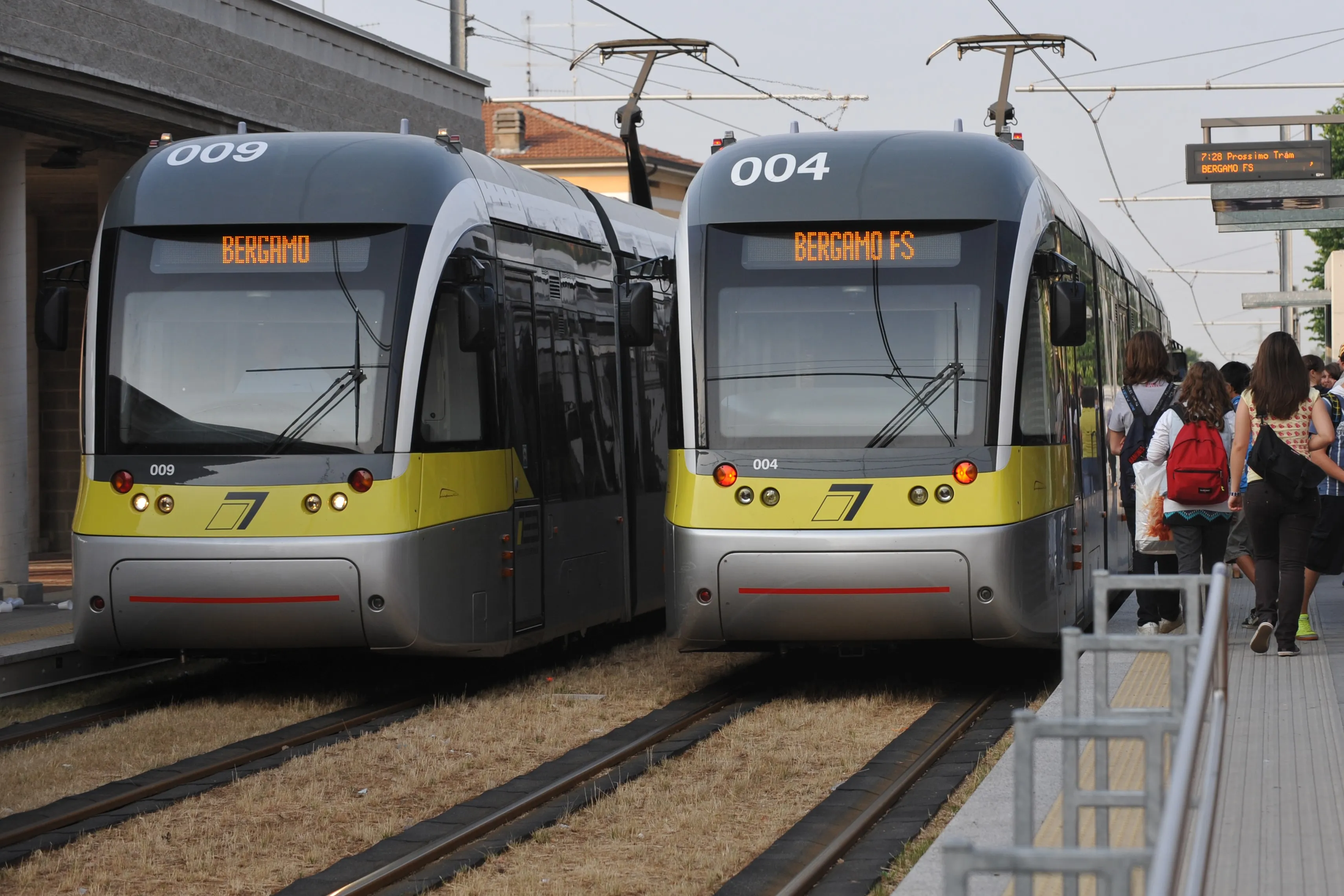Cubic Transportation Systems’ NextWave mobile business system is, says the company, a comprehensive platform that enables transit operators to rapidly and securely provide new mobile services to their customers.
NextWave provides a cloud-based platform that integrates with both closed and open loop contactless fare systems, payment processors, mobile networks, NFC platforms and both iOS and Android smartphones and tablets, for the introduction of mobile phone-based contactless fare cards, mobile fare pur
October 1, 2013
Read time: 2 mins
NextWave provides a cloud-based platform that integrates with both closed and open loop contactless fare systems, payment processors, mobile networks, NFC platforms and both iOS and
“Our existing agreements with mobile network operators, a cloud-based delivery model and off-the-shelf mobile service capabilities make this a game changer,” said David deKozan, vice president, strategic initiatives, Cubic Transportation Systems. “NextWave can help transit agencies get mobile services to market fast at a fraction of the cost associated with dedicated systems. At the same time, they are putting into place a solid foundation for the future that enables them to progressively move from conventional NFC fare processing to collaborative partnerships with mobile payment, NFC access and mobile marketing initiatives poised for broad industry adoption.”










